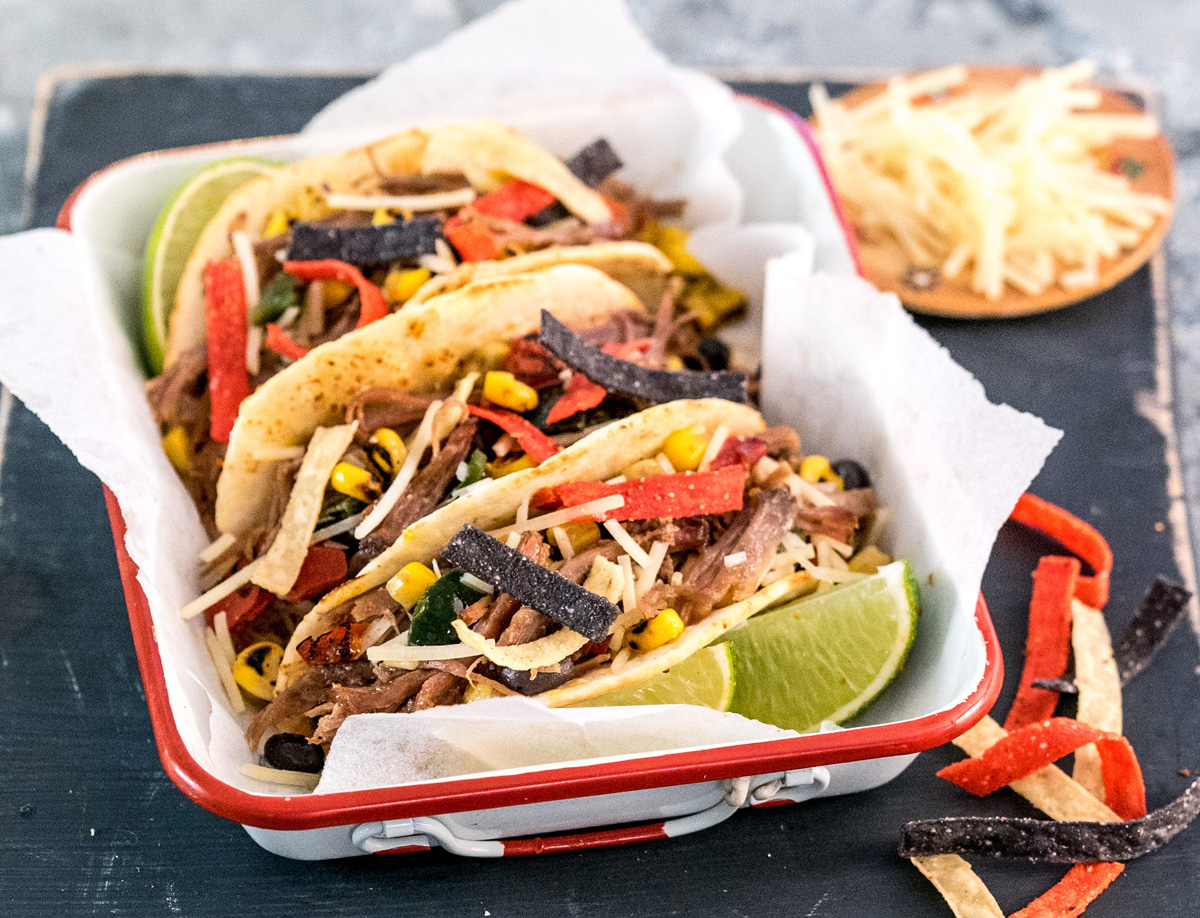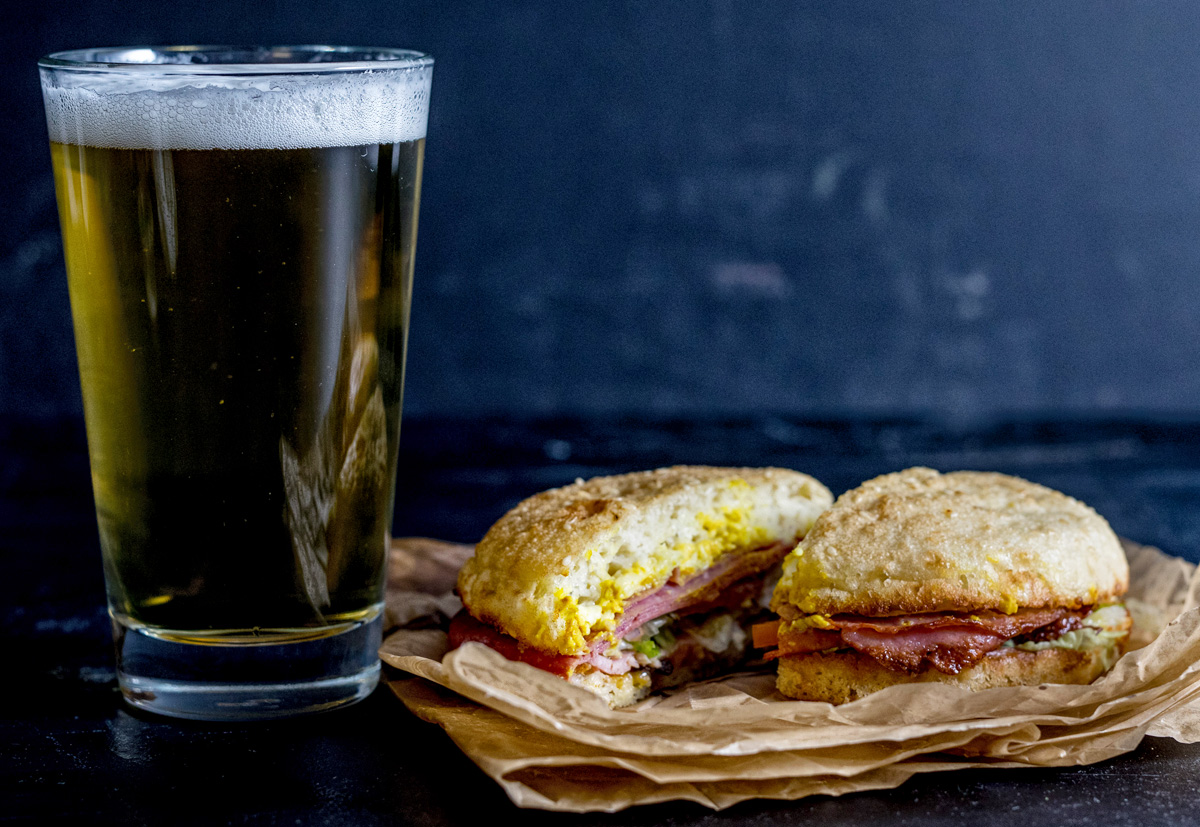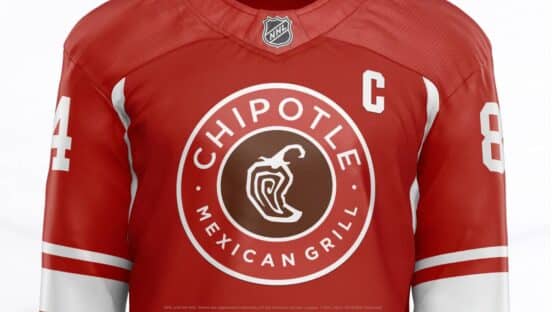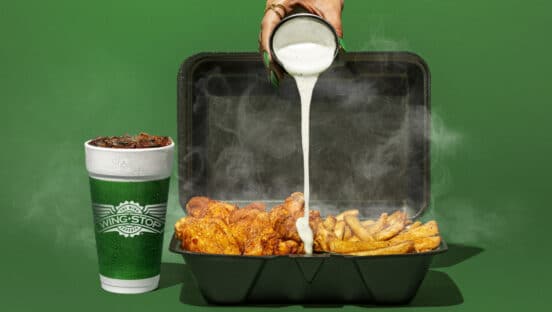Schlotzsky’s is converting its 400-plus units to be fast fine, even adding “Austin Eatery” to its name.
In recent years, there has been a rise of hip sandwich chains like Even Stevens and Mendocino Farms selling scratch-made food, highlighting local spirit, and offering engaging spaces for diners. After consulting outside firms, it was clear to Schlotzsky’s leadership that the next generation of diners, Gen Z and millennials with young families, was looking for restaurants more in the fine-casual category.
So, the brand decided, “Let’s go out and own our heritage, own Austin,” says Kelly Roddy, president. The concept, which was founded in Austin, Texas in 1971, became inspired by the Austin food-truck scene, and, with research showing target customers were gravitating toward this trend, too, the team thought now was time to make the change.
Today, there are 18 Austin-inspired eateries already converted over. By the end of 2019, Roddy expects all 400-plus units to be Austin Eateries. This means all units will get a fresh, new design. Think reclaimed shipping containers, garage doors that roll up to an outdoor patio, and mismatched seating—all inspired by Austin’s spirit of originality. And the menu will be converted over, too, to include new categories like tacos and sliders on the food menu, as well as the addition of beer and wine.

“All the research said young millennial families wanted places where they can take their kids, but mom and dad would like to have the opportunity to get a beer or glass of wine. So, we added beer and wine, which has tremendously helped our dinner and weekend business. It’s making us a place that is very relevant and warm,” Roddy says.
The menu, Roddy notes, is an easy upgrade, as the brand already bakes its bread in store, from scratch daily. “We have skills in our restaurants that other chains don’t have,” he says. “We realized we can pull off this fast fine better than anyone else could.”
To maintain efficiency while serving higher quality food, Schlotzsky’s will do more prep in the restaurants ahead of time: slow-cooking meats like brisket, prepping veggies fresh daily, and making sauces. So, customers can still pull through the drive thru and get food fast.
Beer is poured fast and efficiently via the Bottoms Up system. “You get a perfect pour every single time,” Roddy says. And the company is only doing local craft beers. “We’ll do local to whatever town the Schlotzsky’s is in,” he says. For example, Monday Night Brewing is Schlotzsky’s partner for its Austin Eatery in Atlanta.
“It’s going after what we think the customer wants,” Roddy says. “We’re not trying to be a bar. We’re trying to be a place where you can go with your friends.” He sees customers ordering food-truck–inspired tacos, flatbreads, and sliders to share, grabbing a couple beers after work, or just generally enjoying a cold one while having a meal with the family.
“We want our food to be better than everyone else’s,” Roddy says. “Why wouldn’t we want the best beer as well?”

The dishware at Austin Eateries will shift, too. Gone are the baskets of yore. Meals will be served on the individual baking pans the brand has always baked its bread in, as well as flatbread boards.
And Schlotzsky’s is also switching up its service model. Dishes will be plated in a way that the ingredients are visible, and employees will engage customers by mentioning a little something about the dish as they set it down. “We’ll walk up and tell them something about the food, like, ‘This is the Sweet n’ Sassy with cream cheese and apricot jam,’” Roddy says. “In every situation, we want to make sure we touch each guest and let them know that we’re glad you’re here.”
In fact, Schlotzsky’s wants to own that phrase. “Like Chick-fil-A owns, ‘My pleasure,’ we’re going to own, ‘We’re glad you’re here.’ That’s a real enhancement to the service model,” Roddy says.
The music played in store will be mainly by independent artists and along the lines of rock and alternative. Environment is paramount to the new Schlotzsky’s. As it becomes easier for food to be brought anywhere using apps like Grubhub, Uber Eats, and DoorDash (all of which Schlotzsky’s still partners with), restaurants who want diners eating in need to make the location a destination, Roddy says.
Expect Austin Eateries to start popping up all over the country soon. The first remodel took place in Atlanta, the second in Tulsa, Oklahoma, and then Dallas-Fort Worth. Roddy expects 50 Austin Eateries by the end of the year, with about a restaurant converted a day in 2019.
“It’s making the brand more relevant,” Roddy says. “The restaurants that we’ve converted, we’re seeing a higher than average check. We’ve seen the evening daypart and weekends grow. We count that as a success.”














